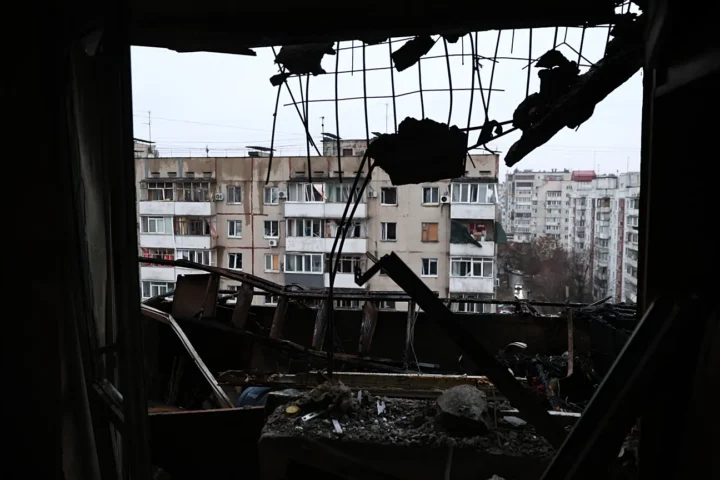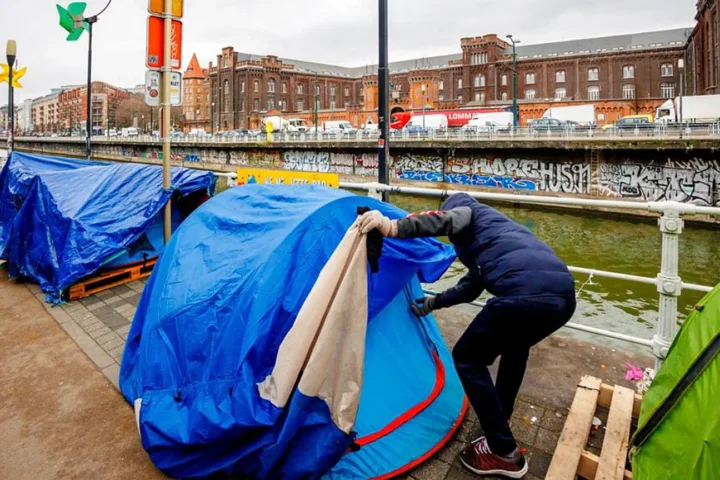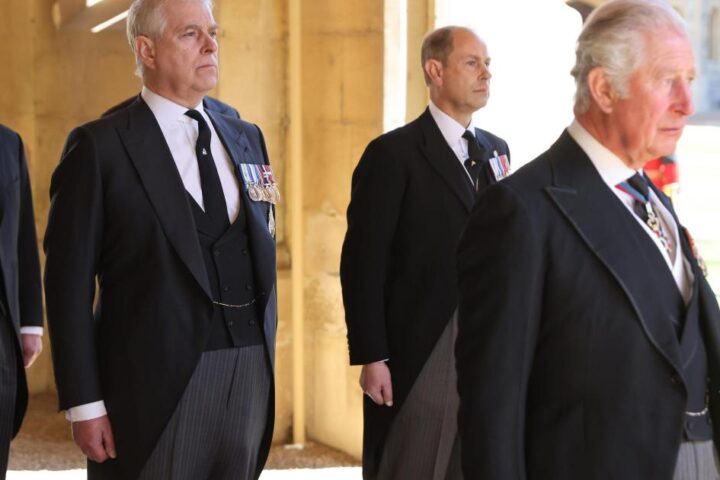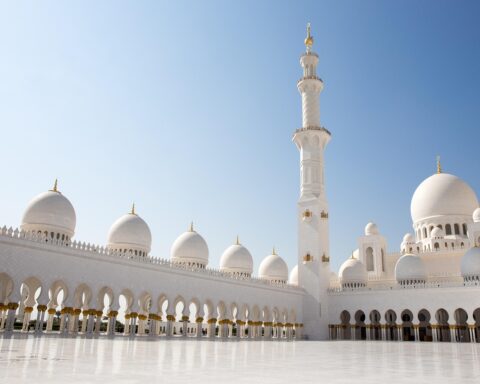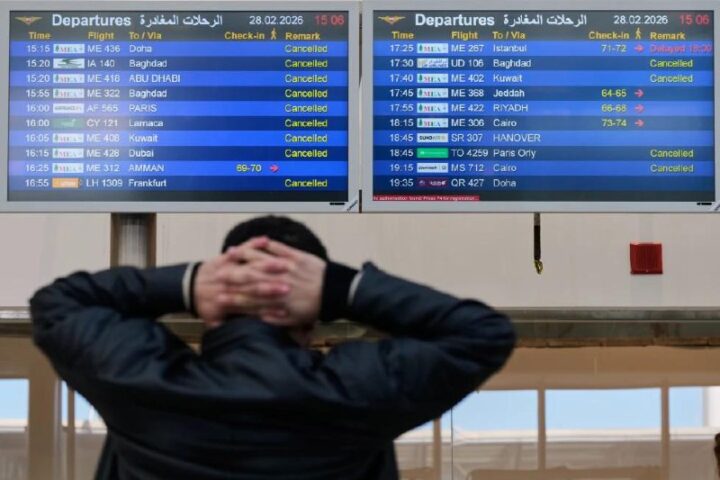In a significant and unprecedented move, the UK’s Royal Ballet and Royal Opera House have announced the cancellation of their planned performances in Israel scheduled for 2026. This decision follows mounting protests and public pressure from activists, artists, and political groups who have raised concerns over ongoing conflicts and human rights issues in the region. The cancellation marks a notable moment in the evolving relationship between international arts institutions and geopolitical controversies.
Background of the Planned Performances
The Royal Ballet and Royal Opera House, two of the UK’s most prestigious cultural institutions, had initially planned a joint tour to Israel in 2026. The tour was expected to include performances in major Israeli cities and was anticipated to be a cultural milestone aimed at fostering artistic exchange and dialogue between the UK and Israel.
These performances were part of a broader trend where global arts organizations engage with diverse international audiences, promoting cultural diplomacy and mutual understanding through the universal language of art.
Rise of Protests and Political Opposition
However, the announcement of the tour was met with swift and growing opposition from a coalition of activists, human rights organizations, and parts of the artistic community. Critics argued that holding performances in Israel at this time would be seen as tacit approval of the country’s policies regarding the Israeli-Palestinian conflict, which has remained unresolved for decades and has seen recent escalations in violence and political strife.
Protesters staged demonstrations outside the Royal Opera House and other cultural venues, calling for a boycott of the tour. Public petitions garnered thousands of signatures urging the institutions to reconsider their decision. Many expressed solidarity with Palestinian artists and communities, emphasizing that cultural events should not be separated from broader social justice issues.
Official Statements and Reasons for Cancellation
In a joint statement, the Royal Ballet and Royal Opera House cited “unprecedented levels of public protest and concerns about safety and security” as primary reasons for canceling the Israel tour. The institutions stressed their commitment to artistic integrity and dialogue but also acknowledged the challenges posed by the current political climate.
“We recognize the strong feelings surrounding this issue and have decided that proceeding with the planned performances would not be in the best interests of our artists, audiences, or the broader community,” the statement read. “We remain dedicated to promoting cultural exchange and look forward to exploring opportunities that foster understanding and peace.”
Implications for the Arts and Cultural Diplomacy
The cancellation of the Royal Ballet and Opera performances in Israel is emblematic of a broader trend where arts and culture increasingly intersect with global politics. Cultural institutions are finding themselves navigating complex ethical landscapes where their choices can be interpreted as political statements.
This decision may encourage other arts organizations to weigh the political implications of their tours and partnerships more carefully. It also highlights the power of grassroots activism and public opinion in shaping cultural engagements.
Moreover, the cancellation reflects ongoing tensions within the international community regarding Israel and Palestine. While some advocate for continued cultural dialogue as a bridge toward peace, others see boycotts and cancellations as necessary tools to exert pressure and advocate for human rights.
Responses from Stakeholders
Reactions to the cancellation have been mixed. Human rights groups and many activists praised the decision as a courageous acknowledgment of the realities on the ground and a stand for ethical responsibility in the arts.
Conversely, some politicians, cultural commentators, and supporters of Israel condemned the cancellation as a form of cultural censorship that undermines artistic freedom and dialogue. They warned that such actions risk deepening divides rather than fostering reconciliation.
Israeli officials expressed disappointment but reaffirmed their commitment to welcoming international artists in the future, hoping for a more conducive environment for cultural exchanges.
Looking Ahead
The cancellation raises important questions about the role of arts institutions in times of geopolitical conflict. As the global community continues to grapple with issues of justice, human rights, and diplomacy, cultural organizations will likely face increased scrutiny over their international engagements.
For the Royal Ballet and Royal Opera House, this moment may serve as a catalyst to develop more nuanced strategies that balance artistic mission with social and political realities. For the broader arts world, the Israel cancellation underscores the evolving dynamics of cultural diplomacy in the 21st century.
Conclusion
The UK’s Royal Ballet and Royal Opera House canceling their 2026 Israel performances marks a watershed moment where the arts cannot be disentangled from the political contexts in which they operate. Driven by widespread protests and ethical considerations, the decision reflects the power of public activism and the complex role of culture in international relations. As this story continues to unfold, it will shape how cultural diplomacy and artistic expression coexist amid global conflicts and calls for justice.



